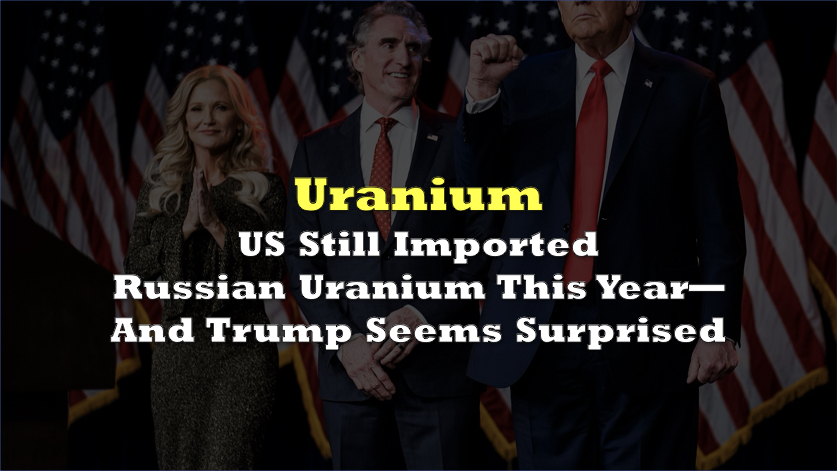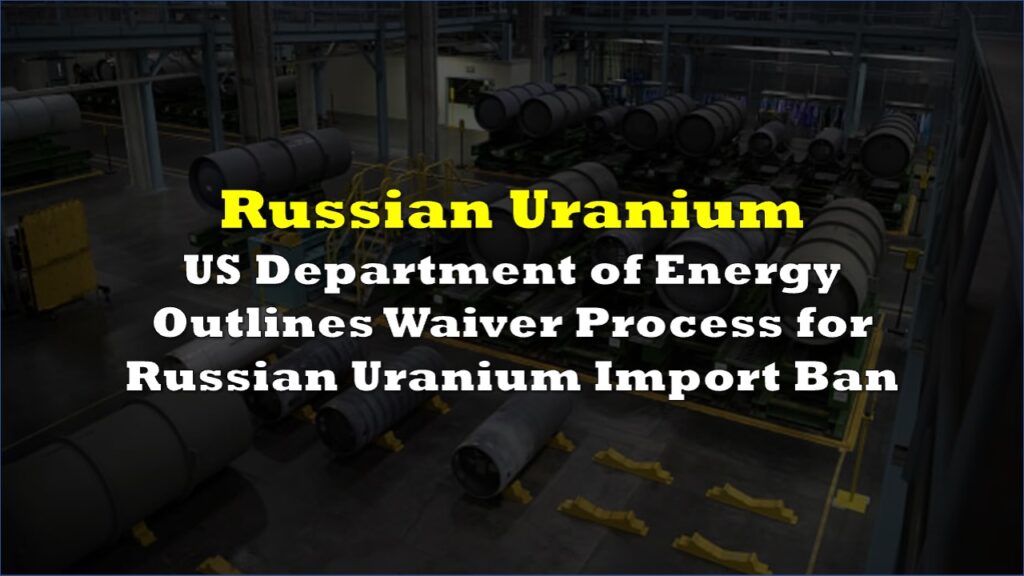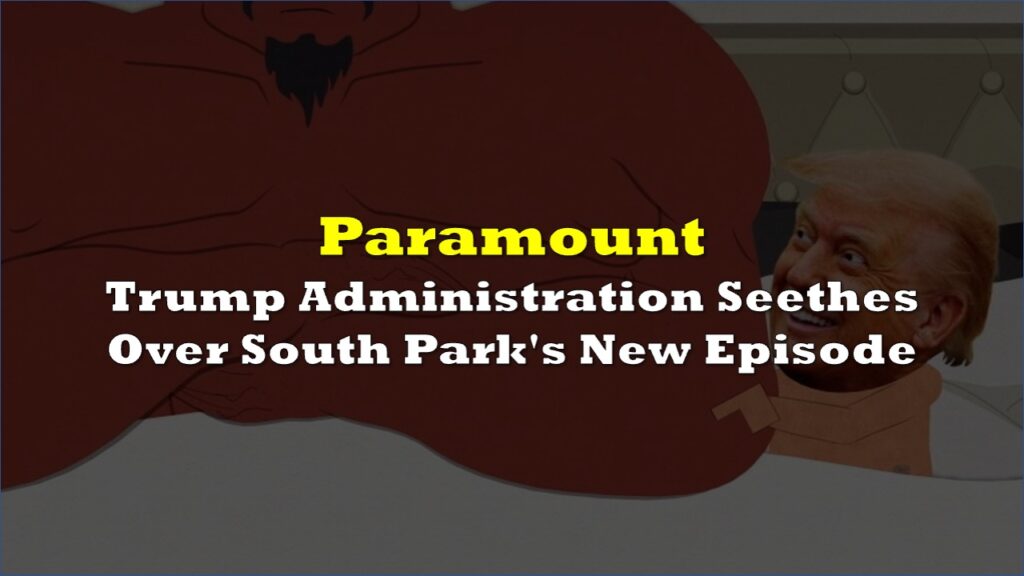President Donald Trump seems to be unaware whether the US is still importing nuclear materials from Russia after a chance interview at Air Force One cited $755 million in US purchases of Russian uranium so far this year.
The touted figure is up from about $100 million last year during the Biden administration.
“You’ve been calling on Europe to stop buying Russian oil,” the interviewer said. “The US has imported $755 million worth of Russian uranium and plutonium so far just this year. That’s up from the Biden administration last year of about $100 million.”
Trump turned to Interior Secretary Doug Burgum—“Doug, do you know anything about that?”—prompting a forceful response. Burgum replied, “Absolutely, but this goes back not only ‘drill baby drill’, but we’ve got a ‘mine baby mine’.”
@grok what alternative exporters of uranium could replace Russia in the short term?
— Sol Traveler (@soltraveler_sri) September 22, 2025
and what US states are closest to the infrastructure, and necessary reserves, to replace uranium imports for at least ~50% of US demand?
He added that reliance on adversaries for critical inputs had expanded beyond hydrocarbons to minerals.
However, he reiterated that “buying uranium from Russia is not acceptable.” He linked the issue to broader critical-minerals exposure to China and Russia and framed it as a policy priority rather than a one-off procurement detail.
Outlining next steps, Burgum said he is coordinating with Energy Secretary Chris Wright “to make sure that we’ve got a plan so that the United States can get back into domestic enriched uranium production as quickly as possible.”
Recent moves include boosting the country’s strategic uranium stockpile and invoking the Defense Production Act to declare a national emergency over US dependence on foreign uranium and jumpstart domestic nuclear energy supply chains.
The ban on importing Russian enriched uranium was signed by former President Joe Biden last May 2024. Back in June 2025, the Trump administration has set a goal to expand America’s nuclear energy capacity from 100 gigawatts to 400 gigawatts by 2050, a quadrupling that would require building hundreds of new reactors over the next 25 years.
Information for this story was found via the sources and companies mentioned. The author has no securities or affiliations related to the organizations discussed. Not a recommendation to buy or sell. Always do additional research and consult a professional before purchasing a security. The author holds no licenses.









